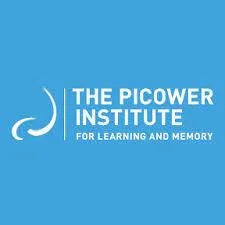(Highlights) DAVID SIMON
/Editor of Rethinking Sustainable Cities · Professor of Development Geography & Director for External Engagement, School of Life Sciences & Environment, Royal Holloway, University of London
That principle, what is now called by Anne Hidalgo, the mayor of Paris, and being popularized more widely by the C40 Cities Climate Leadership Network and others as the 15 or 20 Minute City. The idea underpinning it is that a higher proportion of the goods and services, the activities, the social interactions that we need are obtainable within a 1 1/2 to 2 km radius of one's home, which means a far higher proportion of one's individual trips or multiple purpose journeys can be done on foot and by bicycle, therefore, you use your vehicle if you have one more sparingly. You use the bus or minibusses to reach slightly more distant places, and then you have transport interchanges is where you connect with the metro system or the best rapid transit or the railway to reach other parts of large cities or indeed for inner-city journeys. And that is what is now becoming the new best practice in terms of urban planning redesign.





















